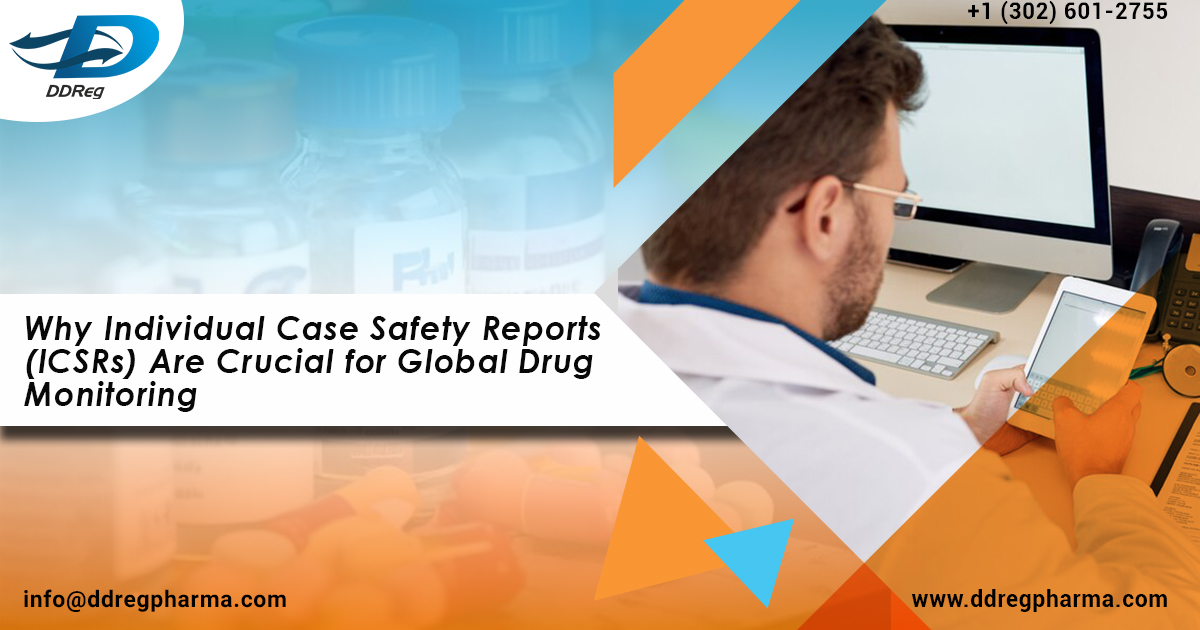
Why Individual Case Safety Reports (ICSRs) Are Crucial for Global Drug Monitoring
In the pharmaceutical industry, ensuring the safety of drugs is paramount. One of the most critical components of post-market surveillance is the Individual Case Safety Report (ICSR). These reports provide essential data on adverse events or side effects experienced by patients using a particular drug. As global drug monitoring systems continue to evolve, the role of ICSRs has become indispensable for maintaining public health, guiding regulatory decisions, and ensuring that drugs are safe for widespread use.
What is an Individual Case Safety Report (ICSR)?
An Individual Case Safety Report (ICSR) is a detailed record of a single patient’s adverse event or side effect after taking a pharmaceutical product. These reports are typically submitted by healthcare professionals, patients, or the pharmaceutical company itself to national or international regulatory bodies such as the Medicines and Healthcare products Regulatory Agency (MHRA) or the World Health Organization (WHO). ICSRs capture key information, including the patient’s details, the medication involved, the adverse event, and any actions taken in response to the event.
Key Reasons ICSRs Are Crucial for Global Drug Monitoring
1. Early Detection of Safety Signals
ICSRs play a vital role in identifying safety signals—potentially harmful side effects or adverse reactions that might not have been detected during clinical trials. Post-marketing surveillance, including the collection of ICSRs, helps regulatory authorities monitor drugs in real-world conditions. The data helps identify adverse reactions that could affect larger populations, enabling early warnings about the drug’s safety profile.
2. Guiding Regulatory Action
Once a safety signal is detected through ICSRs, regulatory bodies can take necessary actions to protect public health. These actions can include updating drug labeling, issuing warnings, restricting the use of certain medications, or even recalling a product if the risks outweigh the benefits. ICSRs ensure that regulators have the necessary data to make informed decisions.
3. Facilitating Continuous Monitoring
ICSRs contribute to continuous monitoring of drugs on the market, ensuring that safety concerns are addressed over time. As more patients use a drug, more adverse events may surface. Collecting ICSRs from healthcare providers, patients, and pharmaceutical companies ensures that ongoing safety data is available, keeping the drug’s safety profile up-to-date.
Conclusion
Individual Case Safety Reports (ICSRs) are essential for the global monitoring of drug safety. They help detect adverse events, inform regulatory decisions, and ensure that drugs remain safe and effective for patients worldwide. By maintaining a vigilant post-marketing surveillance system through ICSRs, pharmaceutical companies and regulators can work together to protect public health.
Our Service: DDReg Pharma
Global Pharmacovigilance Risk Management Plan Services
SDEA | Audit and Compliance | Compliance Audit
Global Medical Devices Services and Solutions – DDReg pharma